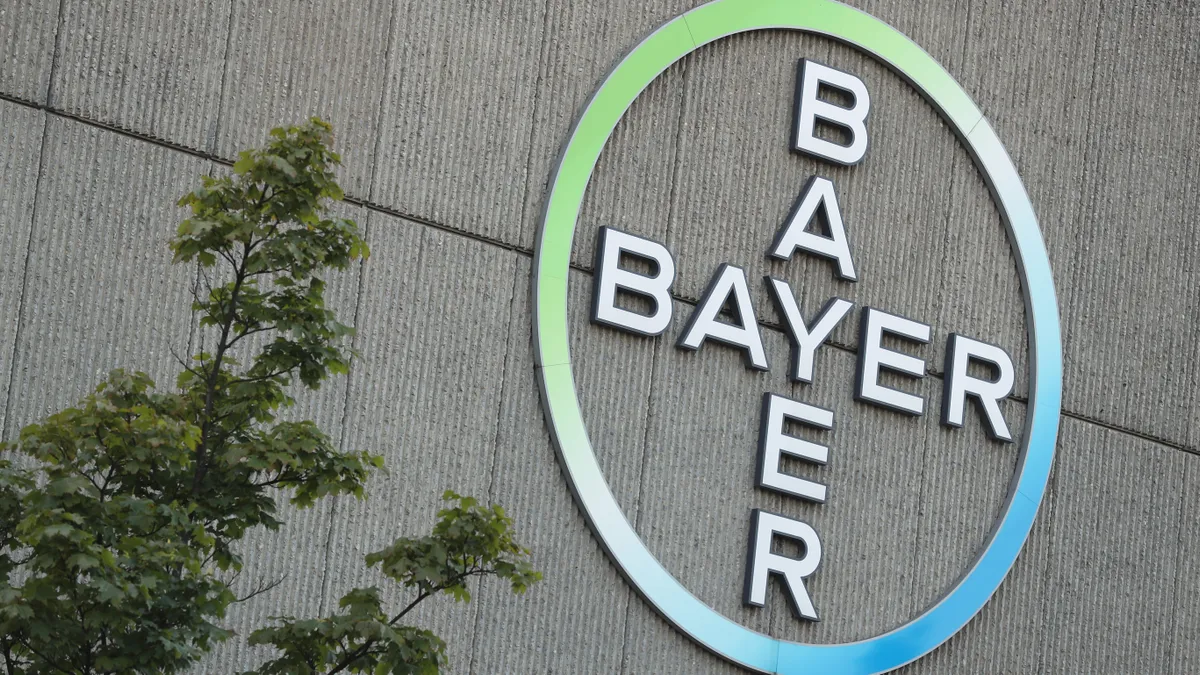Dive Brief:
- Bayer is collaborating with agriculture gene editing company Cibus as it explores opportunities to enhance seeds through precision breeding capabilities.
- Cibus executives said on an earnings call earlier this month that Bayer is testing the company's accelerated gene editing process known as Trait Machine, which promises to develop traits faster and cheaper than conventional methods.
- Bayer has upped its investment in gene editing technology in recent years. It owns a 65% majority stake in CoverCress, which uses gene editing to develop a novel cover crop that doubles as feed or biofuel.
Dive Insight:
Cibus is quickly scaling to position itself as a leader in the emerging gene editing industry. The company, which went public following the acquisition of competitor Calyxt this summer, recently opened the industry's first gene editing production facility in San Diego.
"This is a really big moment for us as we start to develop this whole new industry," co-founder and CEO Rory Riggs said on the earnings call, adding that 2023 will be an "inflection year" for the company as it charts a path toward commercial viability.
Cibus licenses plant traits to seed companies for royalties, and has three commercial products in addition to three more more under development. The company focuses on some of the most complex traits that involve multiple edits, or in some cases multiple genes.
At least 10 customers have collaborated on traits to prevent pod shattering in canola plants, and Cibus successfully transferred weed management traits in rice for Nutrien. Ciobus ultimately aims to build more breeding collaborations to help seed companies develop their own traits, Peter Beetham, co-founder, president and chief operating officer, said in the earnings call.
"This is our vision, crop-by-crop breeding partnerships with seed companies, where we operate as an extension of their cross specific breeding operation," he said.
Cibus' high-throughput process is currently operational for canola and rice, with plans to expand to soybeans by the end of the year. By 2025, the company plans to use Trait Machine for corn and wheat.











